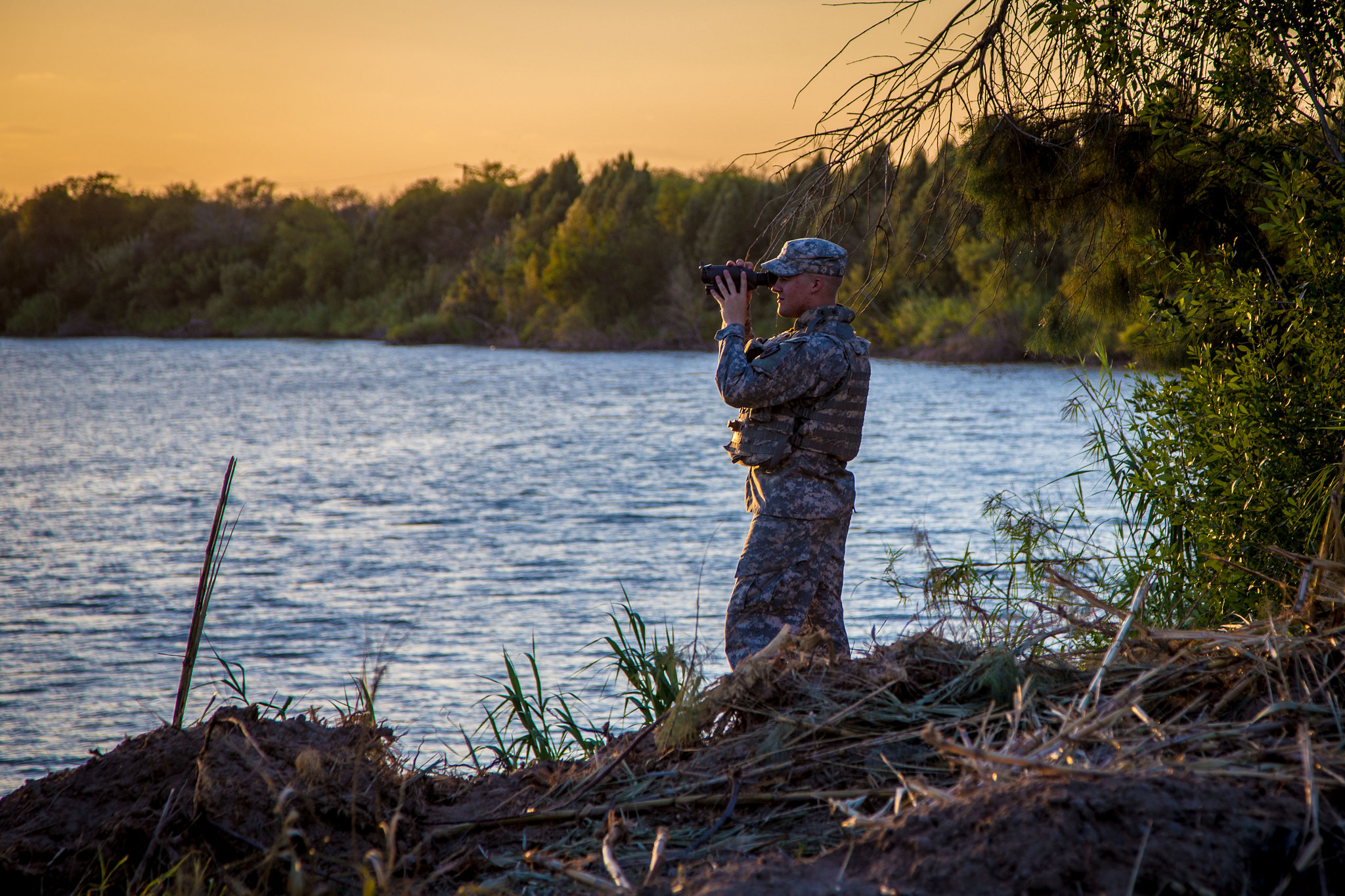A Virginia man was charged with murder after authorities say he shot a high school teen who he believed was trying to break into his house, though the surviving teens claim they were filming a ding-dong-ditch prank for social media.
Tyler Chase Butler, 27, was charged with second-degree murder in the shooting death of 18-year-old Michael Bosworth Jr., the Spotsylvania Sheriff’s Office said. Butler also faces charges of malicious wounding and two counts of use of a firearm in the commission of a felony.
Legal experts told Fox News Digital that the case will rest on whether Butler used the right amount of force and if he reasonably believed his life was in imminent danger.
“The individual facts are really going to shed light on are the charges against Mr. Butler valid or unjust,” Jessica Ledingham, a federal litigator and criminal defense attorney said, adding that the charges would make sense if the teens were outside his home, where they are less likely to be perceived as a threat.
Jamie E. Wright, a Los Angeles trial attorney and founder of the Wright Law Firm, told Fox News Digital that “stand your ground” or “castle doctrine” laws vary in each state, though “most don’t give blanket permission to use lethal force simply to protect property.”
“Based on what’s been reported, shooting at teenagers involved in a prank, even one as reckless as a late-night ding-dong-ditch, is unlikely to meet that legal standard,” Wright said. “Social media challenges like this can certainly escalate tensions and lead to tragic misunderstandings, but they don’t typically create a legal justification for deadly self-defense.”
Madeline Summerville, a national trial attorney and legal analyst, told Fox News Digital that “castle doctrine” laws allow for the use of deadly force to prevent an aggressor from entering your home – if the homeowner truly believes their life is in danger.
“Every case is different, however, and the applicability of the castle doctrine in this case will rest upon whether the Defendant truly believed he was in imminent danger of bodily harm or death,” Summerville said.





